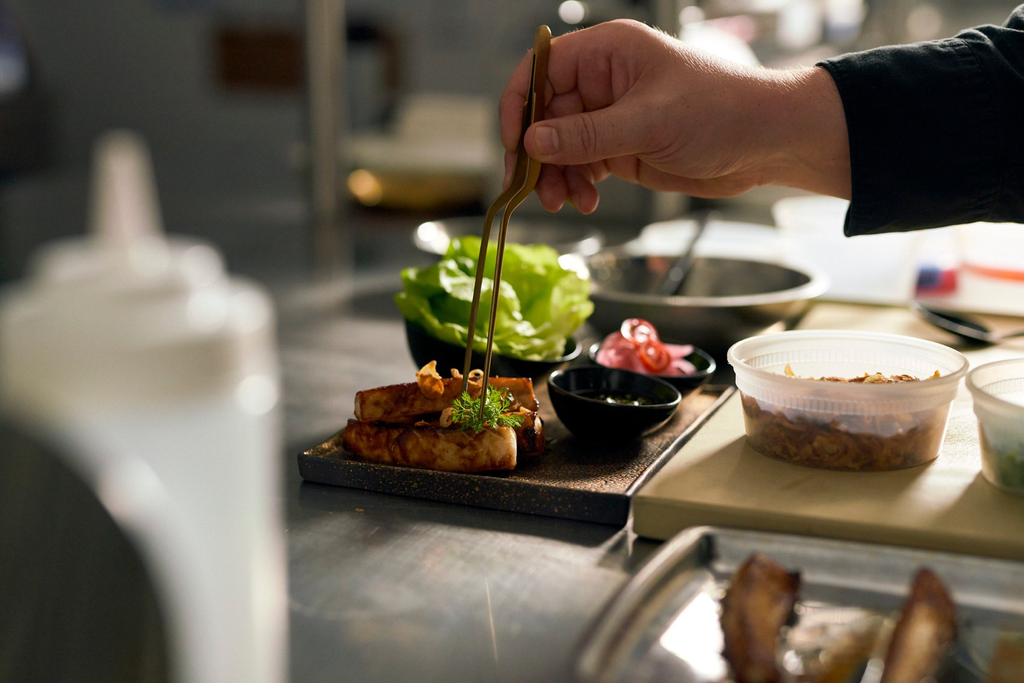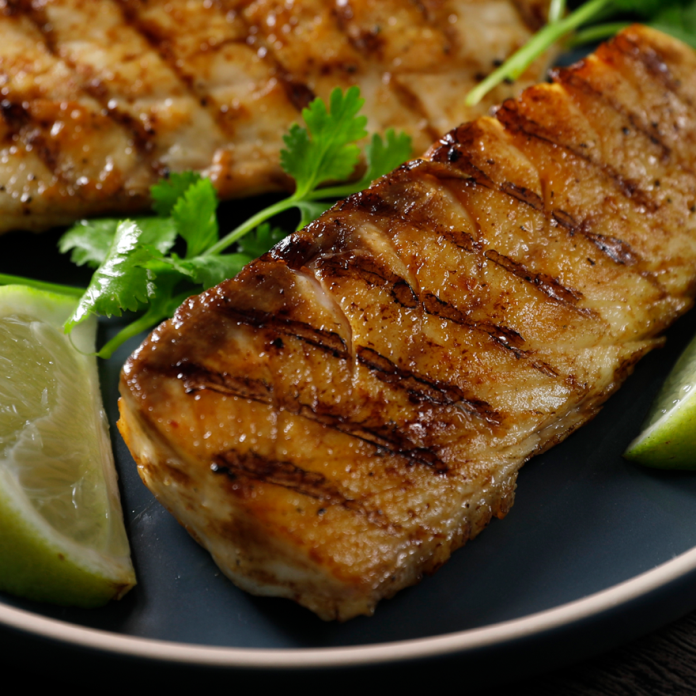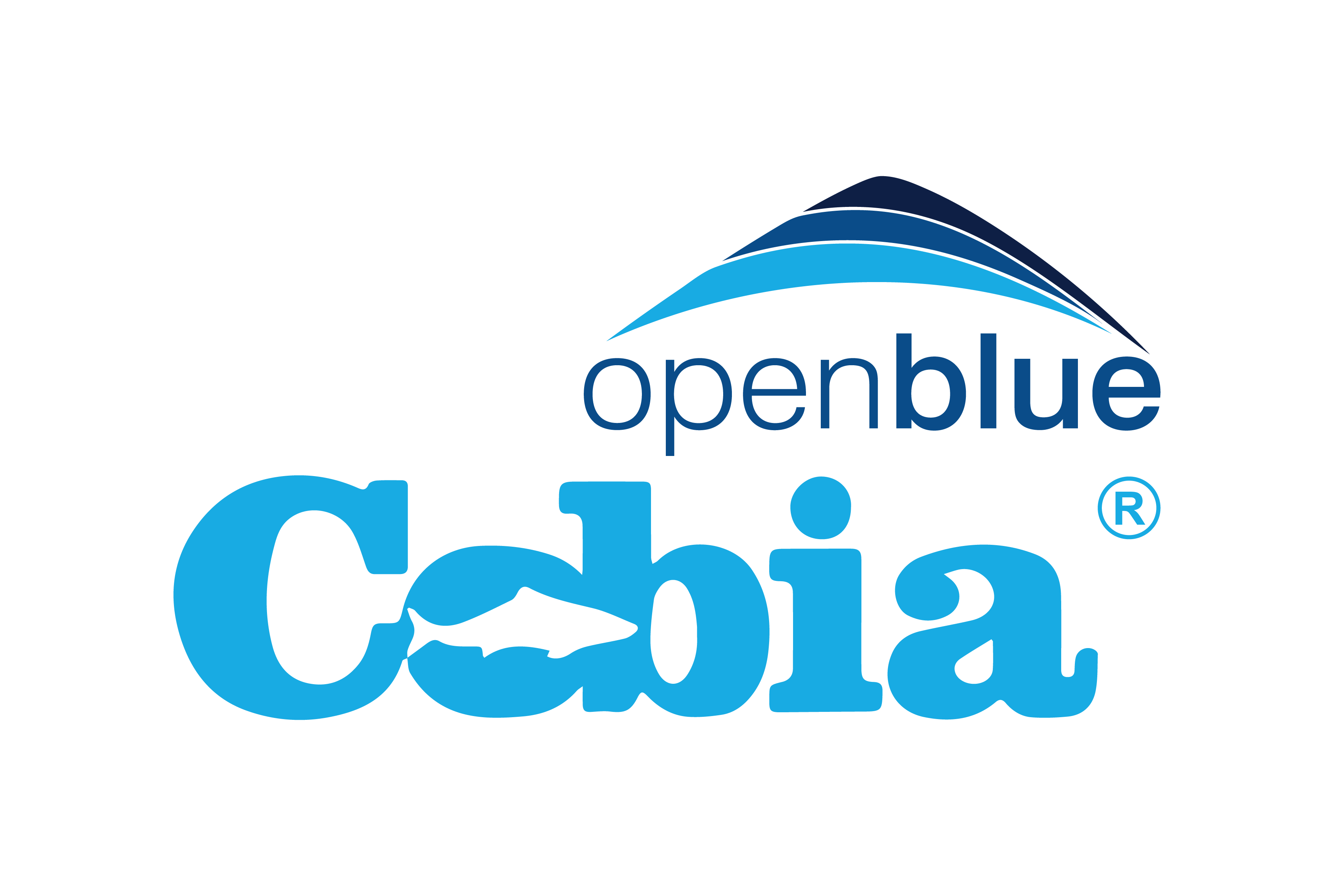
Beyond the Plate: The Cultural Significance of Cobia Around the World

Cobia, known for its rich, buttery flavor and firm texture, is not just a culinary delight but also holds cultural significance in various parts of the world. This versatile fish, often referred to as the “black kingfish,” is celebrated in diverse culinary traditions, reflecting the deep connections between food, culture, and community.
Let’s explore the cultural significance of Cobia around the globe.
Cobia in Asia: A Symbol of Prosperity
Japan
In Japan, seafood is an integral part of the diet, and Cobia, known as “suzuki,” is no exception. The fish is particularly popular in sashimi and sushi dishes, where its firm texture and mild flavor are highly prized. Beyond its culinary use, Cobia is often associated with prosperity and good fortune. It is commonly served during celebrations and special occasions, symbolizing abundance and success.
Vietnam
Vietnamese cuisine also embraces Cobia, locally called “cábớp.” It is frequently used in traditional dishes such as hot pots (lẩu) and grilled fish. In Vietnamese culture, sharing a meal of Cobia with family and friends is a way to strengthen bonds and celebrate togetherness. The fish’s presence in communal meals underscores its role in fostering social connections and cultural heritage.
Cobia in the Caribbean: A Staple of Island Cuisine
The Bahamas
In The Bahamas, Cobia is a beloved staple in local cuisine. Known for its versatility, it is prepared in a variety of ways, including grilling, frying, and baking. Bahamian chefs often infuse Cobia with bold spices and flavors, creating dishes that reflect the vibrant and diverse culinary landscape of the islands. Cobia is a popular choice for beachside barbecues and festive gatherings, embodying the laid-back and celebratory spirit of Caribbean culture.
Puerto Rico
Puerto Rican cuisine features Cobia in a range of traditional dishes. One popular preparation is “pescado frito,” where the fish is marinated, seasoned, and fried to perfection. Cobia is also used in stews and soups, adding richness and depth to these hearty meals. The fish is a symbol of the island’s bountiful waters, and its significance in Puerto Rican culture highlights the importance of seafood in the local diet and economy.
Cobia in the Americas: A Culinary Treasure
United States
In the United States, Cobia is gaining recognition for its culinary qualities and sustainability. Chefs across the country are incorporating Cobia into their menus, celebrating its flavor and versatility. It is often featured in gourmet dishes and seafood festivals, where it is showcased as a premium ingredient. The growing popularity of Cobia in American cuisine reflects a broader trend toward sustainable seafood and the appreciation of diverse culinary traditions.

Brazil
Brazilian cuisine, with its rich tapestry of flavors and influences, also celebrates Cobia. Known locally as “bijupirá,” it is often grilled or baked with a variety of seasonings, from simple herbs to complex marinades. Cobia is a popular choice for festive meals and family gatherings, symbolizing the joy and abundance of Brazilian culinary culture. Its significance in Brazilian cuisine highlights the country’s deep connection to its coastal resources and culinary heritage.
The Global Significance of Cobia
Sustainability and Innovation
Beyond its cultural and culinary significance, Cobia is also at the forefront of sustainable seafood practices. Sustainable farming initiatives, such as those by Open Blue, are revolutionizing how Cobia is produced and consumed. By prioritizing environmental responsibility and high-quality farming methods, these initiatives ensure that Cobia remains a viable and sustainable option for future generations. This commitment to sustainability adds another layer of significance to Cobia, positioning it as a symbol of innovative and responsible seafood production.
Culinary Diversity
The cultural significance of Cobia is a testament to its versatility and global appeal. From Asia to the Caribbean and the Americas, Cobia is celebrated in diverse culinary traditions that highlight its unique qualities and flavors. Each culture brings its own techniques, ingredients, and stories to the preparation of Cobia, creating a rich tapestry of culinary diversity that transcends borders and connects people through food.
Open Blue was founded on a commitment to sustainability with our innovative mariculture fish aquaculture farms. By prioritizing environmental responsibility and ethical farming practices, we ensure that Cobia remains a viable and sustainable option for years to come. At Open Blue, we provide wholesale fish for restaurants and other food service operations.
Contact us today for more details and how you can source Cobia, our versatile, healthy whitefish.

